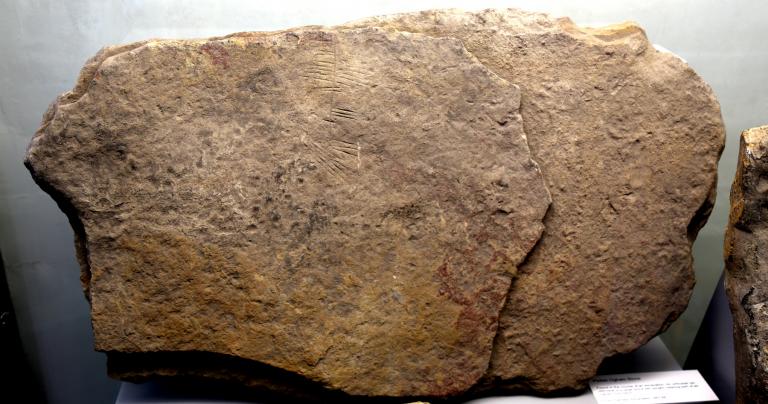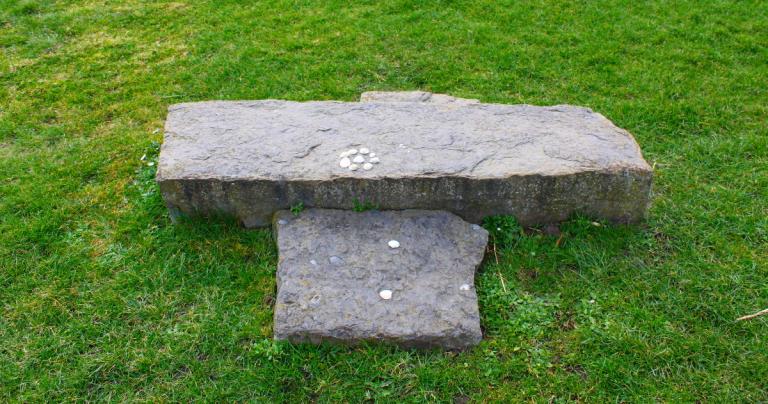There was a question about oaths in the comments to the last Conversations Under the Oaks. Nic Err said:
Life will make you break pretty much every oath you take in one manner or another. The question is whether the reason you break the oath is acceptable. My question is why take oaths at all?
I completely disagree with the premise of this question. But the question itself is valid, and one we would do well to consider.
Oaths are meant to be kept, period
An oath isn’t an intention or even a plan – it doesn’t say “this is what I’ll do, if things work out OK.” An oath is a sacred commitment – it says “this is what I will do, no matter what.” The ceremony surrounding oaths is – in part – intended to impress on everyone that this is not an ordinary statement and it carries more than ordinary weight.
Unlike a geas which is placed on someone, an oath is made voluntarily. It is your duty to review oaths carefully and to not swear to do things you are not sure you will do, or that you can do.
Modern thinking – including much of our law – says that an oath made under duress or without being fully informed is not valid. Our ancestors saw things differently – your word was your bond regardless of circumstances. Our Gods and especially the Fair Folk have older expectations – there is no such thing as extenuating circumstances. Do what you said you’d do or die trying – or live in dishonor, which is worse than death.
The idea that life will make you break all your oaths is an excuse in advance, and a pretty weak excuse at that.
Oaths build a foundation of confidence and stability
But the question of why we should make oaths is valid. The answer lies in the essence of the oath, which is a binding promise – a contract.
Go out into the wild and – if you have good sense – you proceed carefully and tentatively. There are other persons out there (in this case, wild animals) and you don’t know how they’re going to respond to you. Maybe they’ll be friendly, but maybe they’ll kill you and eat you. You don’t know.
We can usually assume other human persons won’t kill us and eat us, but beyond that, we don’t know how they’ll respond. If we hang around, eventually we get to know them and can make a pretty good guess. But still, we can only guess. With conversation and negotiation we can come to an agreement, and with a contract we can put that agreement into writing. Then it’s not dependent on anyone’s memory and we can appeal to others to help us enforce the agreement should the other party fail to deliver.
An oath is simply a sacred contract. We make a definitive promise, and those who receive that oath know that they can count on us to do what we’ve said. Perhaps it’s a king who knows we’ll fight in his army if he’s attacked. Perhaps it’s a God who now knows you will make offerings to Them every week. Perhaps it’s a spouse who now knows you will only have sex with them for the rest of your life.
Yes, you can live together monogamously without ever taking marriage vows. But even in an era of easy divorce, an oath adds a certain permanence to the relationship that is much harder to get without it.
Whatever the terms of an oath, it provides a foundation of confidence and stability for the future.
Oaths build community and intimacy
From these foundations, communities can grow. Those of us who’ve taken oaths of priesthood share a certain fraternity. We may have taken different oaths to different Gods, but we’ve all agreed to serve our patrons. We have much in common and many ways in which we can support each other.
I’ve done ecstatic work in small groups bound by oaths of secrecy. I could let my guard down and let what happened happen, because I knew no one would talk about it to those who would attack my experience as either delusional or dangerous.
Even oaths that are seemingly one-sided can promote intimacy. Since my oath to the Morrigan my relationship with Her has grown deeper and more constant. I have gotten at least as much out of it as I’ve put into it.
Some oaths can be renegotiated
Not all oaths are forever. Some oaths are a promise to do one thing. Once that one thing is done the oath is fulfilled, the obligation is discharged, and both parties are free to go their separate ways… or not, as they choose.
Sometimes an oath is kept, but things don’t work out to anyone’s satisfaction and all involved decide to try another arrangement. Sometimes a divorce really is for irreconcilable differences and the parties really do part amicably.
But such renegotiations cannot be one-sided. If you swear an oath to Odin and later decide to become a Kemetic you can ask to be released from it, but He is under no obligation to grant your release.
And some oaths are so bound up in currents of magic and divinity that they simply cannot be undone. You swore it and you’re stuck with it, so deal with it. My oath of priesthood to Cernunnos is like this (I think) – not that I have any desire whatsoever to renegotiate it.
Take care how you make oaths
So needless to say, take care how you make oaths. Is an oath required here? Has it been demanded of you? If you don’t need an oath you’re almost certainly better off not making one.
But sometimes they are necessary. In those cases, pay careful attention to exactly what you promise to do (or not do), by when, under what circumstances, and for how long. I once heard an intelligent, well-educated Pagan scream “I will serve you forever!” They swore the oath to a virtuous and honorable deity, but that’s a very open-ended promise, and forever is a very long time. What feels good in the moment often looks more problematic the next morning.
It’s best to approach the writing of an oath like a lawyer, and perhaps even with the assistance of a lawyer. Mundane contracts aren’t long and formal just so lawyers can run up a big bill. They need to specify the terms and conditions and how they’ll be resolved in every foreseeable circumstance.
When you leave things unclear, they are generally resolved to the satisfaction of the stronger party. When you’re dealing with Gods, that’s not you.
Take care how you receive oaths
Few if any of us will ever be a lord receiving oaths from vassals. But many oaths are mutual – we promise to do something for someone and they promise to do something for us in return. My oath to the Morrigan was not entirely one-sided.
Particularly if you are bargaining at the Goblin Market, make sure it is very clear exactly what you are to receive, when you are to receive it, in what condition, and for how long. If you leave anything unclear, expect it will be interpreted in a way that benefits the other party, not you.
Why we make oaths
Oath making and oath taking is a long and honorable tradition. We commit ourselves to virtues, to actions, and to relationships. Our oaths help others to be sure of our commitment, so they can make their own plans with confidence. When we keep our oaths – especially when we keep them through difficulties – our reputation grows.
If we break our oaths our reputation is destroyed.
If you do not need to swear an oath, do not swear it. If you do, take care that you can and will do what you promise, and that everyone understands what you will receive in return.
May our word truly be our bond!
For another perspective on oaths, see this excellent piece at Huginn’s Heathen Hof.
















